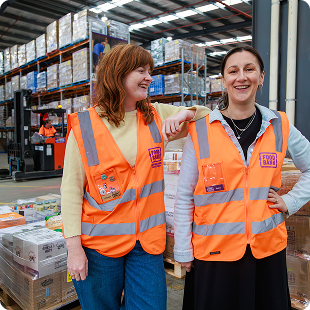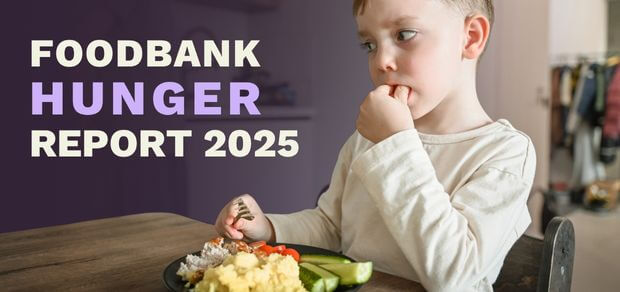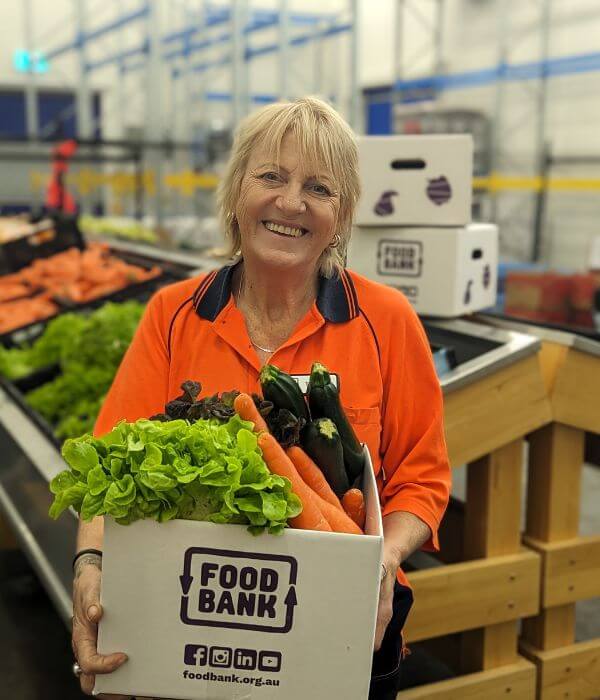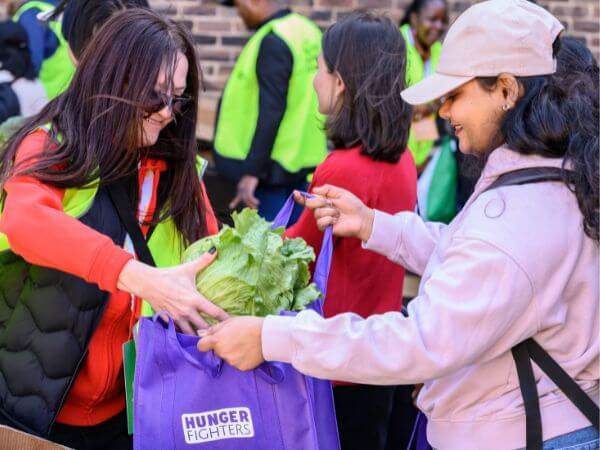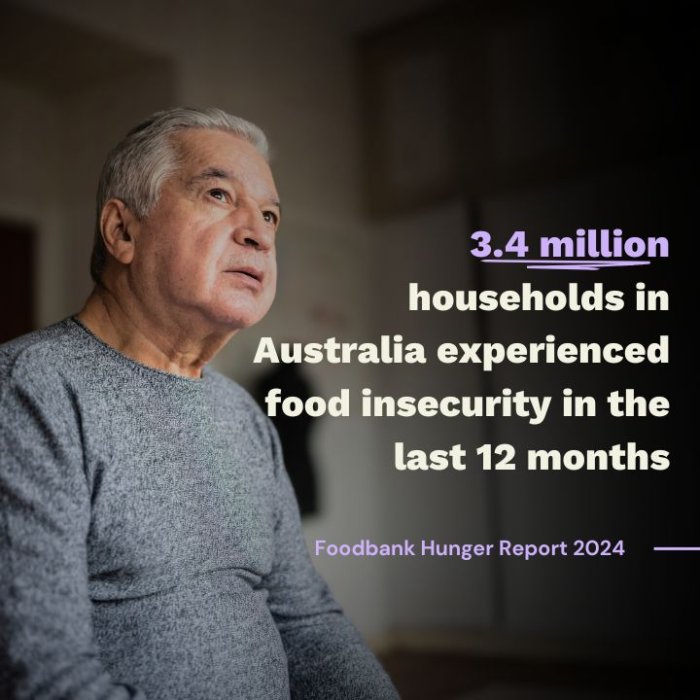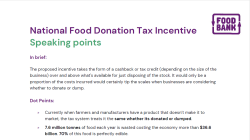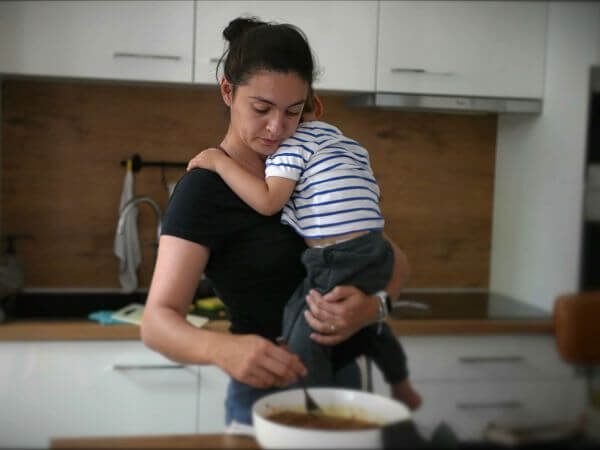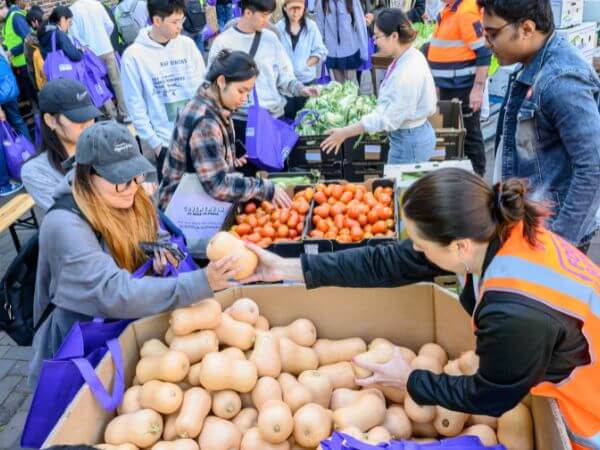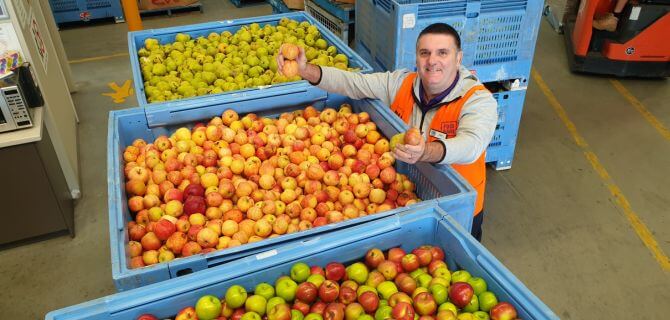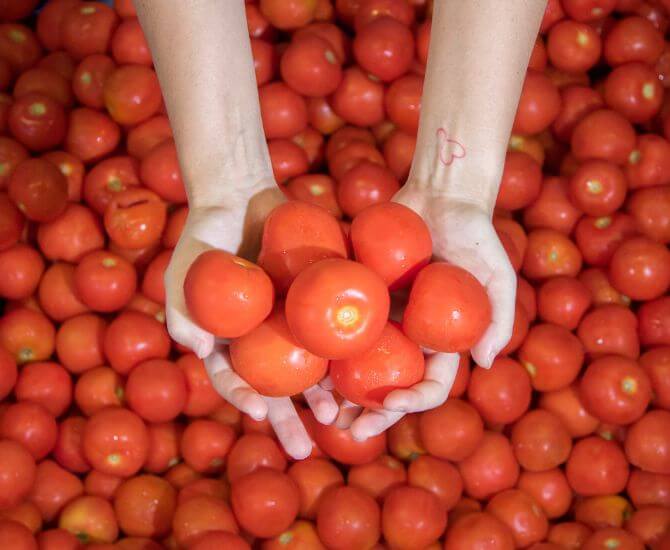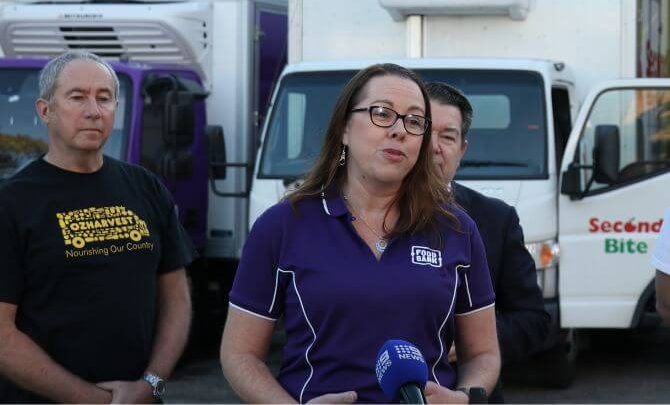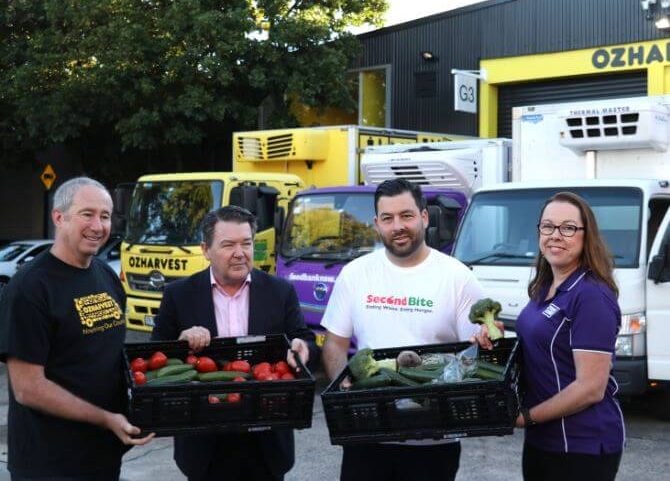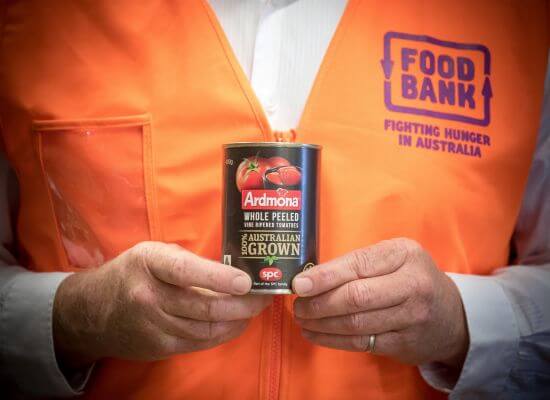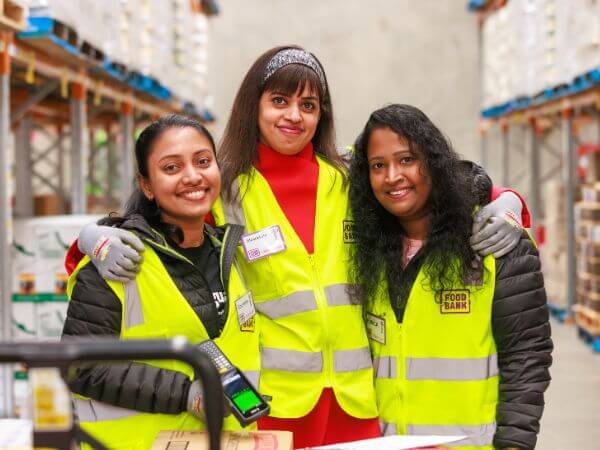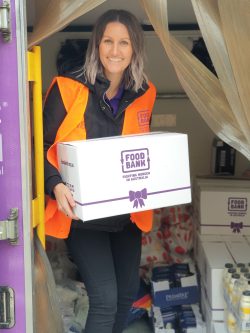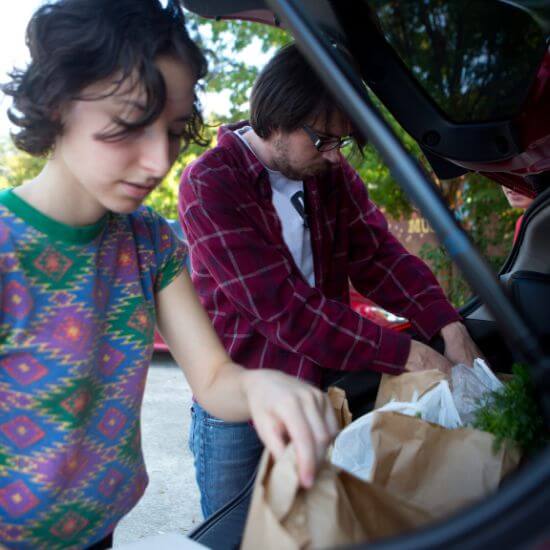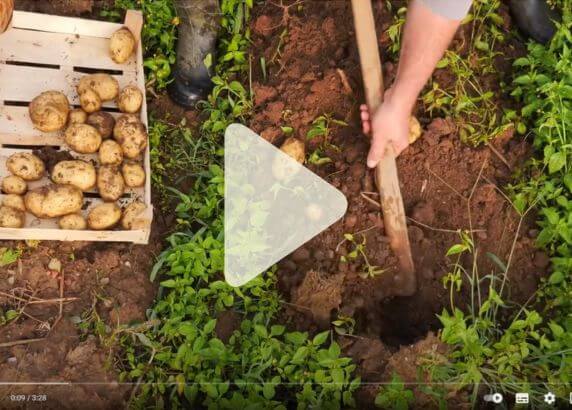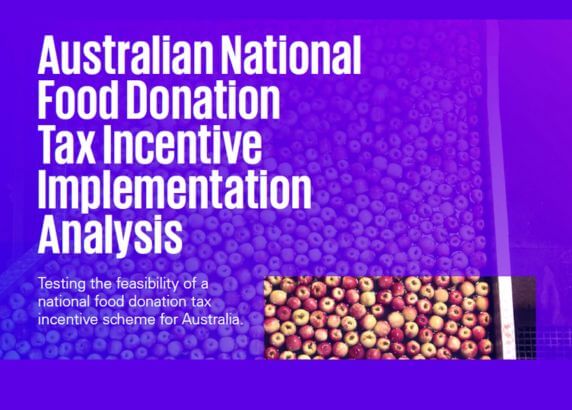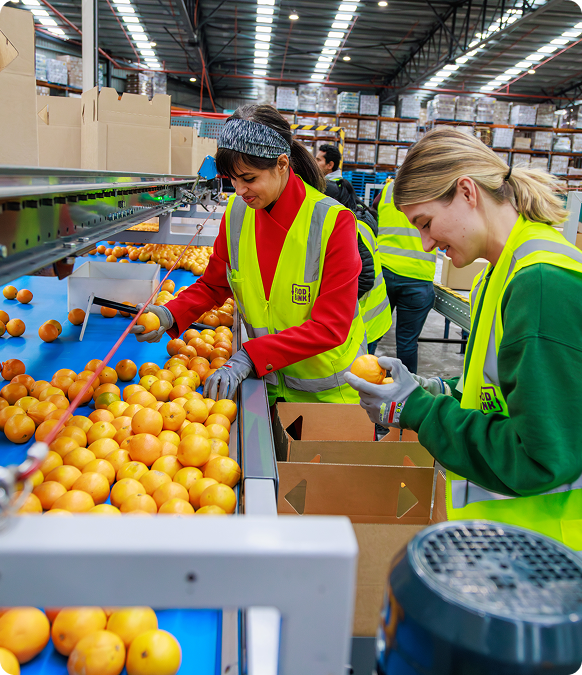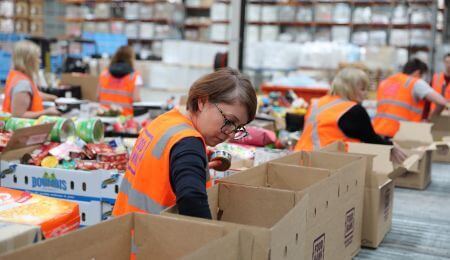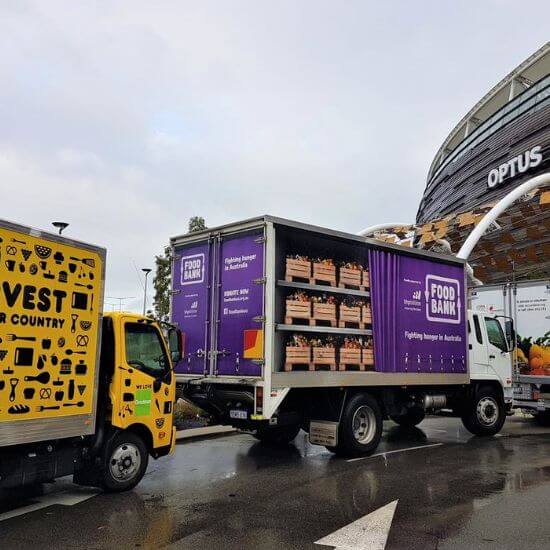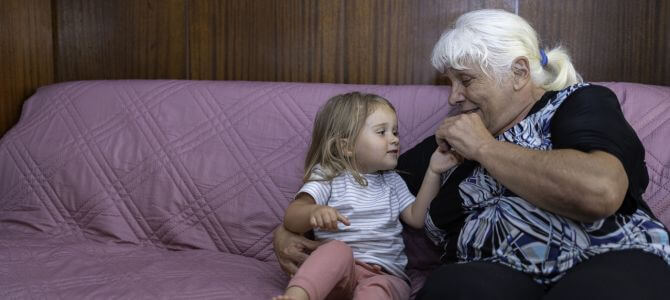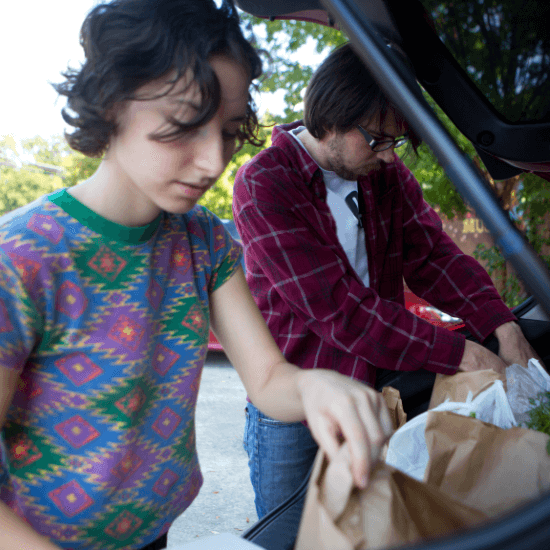Duncan Makeig elected new Foodbank Australia Chair
22nd November 2024, SYDNEY:
Former Managing Director of Lion Asia Dairy, Duncan Makeig has been elected unopposed as Foodbank Australia Chair of the Board, succeeding outgoing Independent Chair, Tony Froggatt following his nine years of service.
Having served on the Foodbank Australia Board since the start of 2023, Mr Makeig brings a wealth of experience in legal and corporate governance from his 30-year management career working across various senior leadership positions in Australia and the United States at Heineken-Lion, PepsiCo, China Road and Tricon Restaurants (Yum! Brands), complementing his agricultural experience as Director of Wirrabilla Pastoral.
Duncan is equipped with a deep understanding of the not-for-profit sector having previously chaired the Sydney Children’s Hospitals Foundation and Curing Homesickness Ltd, and is currently serving as an Independent Non-Executive Director on the Endeavour Board.
“Having sat on the Foodbank Australia Board for the last 18 months, I have seen firsthand the extraordinary impact that Foodbanks have across Australia”, Mr Makeig said.
“I look forward to working alongside my fellow Board members and the Foodbank Australia team, led by CEO, Brianna Casey as we look to build on Tony’s legacy and meet the ever-growing demand for food relief in city and country communities across Australia.”

“Having sat on the Foodbank Australia Board for the last 18 months, I have seen firsthand the extraordinary impact that Foodbanks have across Australia”, Mr Makeig said.
“I look forward to working alongside my fellow Board members and the Foodbank Australia team, led by CEO, Brianna Casey as we look to build on Tony’s legacy and meet the ever-growing demand for food relief in city and country communities across Australia.”
Outgoing Chair, Tony Froggatt, leaves the role after a successful nine years, helping build awareness of and trust in Foodbank while fostering closer collaboration between members of the food relief sector over the course of his tenure.
This relationship has allowed the sector to promote policies that prioritise the millions of Australians going hungry, notably the ongoing push for a National Food Donation Tax Incentive.
Since joining in 2015, Mr Froggatt has guided the Foodbank team through natural disasters, the Covid Pandemic, and the ongoing cost-of-living crisis.

“It has been a privilege to serve as the Foodbank Australia Chair. I have enjoyed the experience, and it has given me such purpose to work alongside my colleagues on the board to make a difference to the lives of so many Australians. I wish Duncan well in this next chapter of Foodbank’s ongoing commitment to helping those in need”, said Mr Froggatt.
With 3.4 million Australian households experiencing food insecurity, Mr Makeig takes the reins as the cost-of-living crisis continues to heavily impact the lives of vulnerable communities.
His extensive leadership experience and charity sector background inspires confidence that he will oversee Foodbank’s next chapter with stability amongst an increasingly unpredictable social and economic climate.
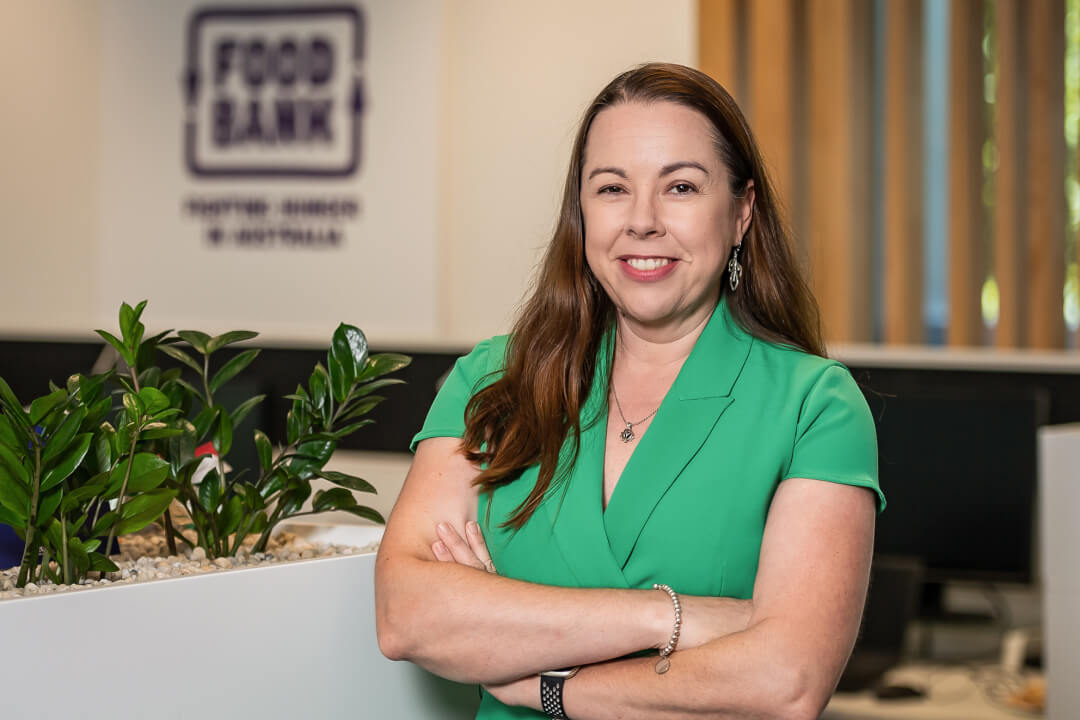
Commenting on the Chair transition, Foodbank Australia CEO, Brianna Casey AM, said, “Tony’s leadership over the past decade has left a legacy on the food relief sector in this country. His commitment to supporting those in need has ensured we have been able to grow to where we are today, establishing strong foundations for Duncan to build on as we strive for an Australia without hunger.”
Learn how we’re ending hunger and create change every day, with the help of our incredible partners.
We source and distribute meals nationwide—supporting charities, schools and communities in need.
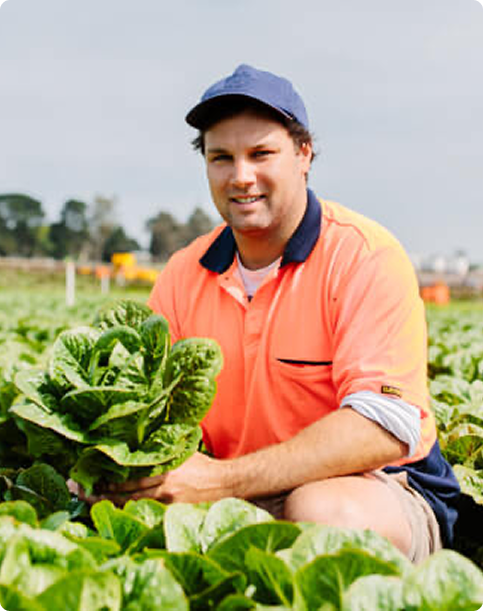
Charity partners
Schools
Transport services
Natural disaster relief
Collaborative Supply Program
(i.e. generating or supplementing food supply efforts)
Nutrition
Reducing food waste
Advocacy
Research and reports
 Log in
Log in